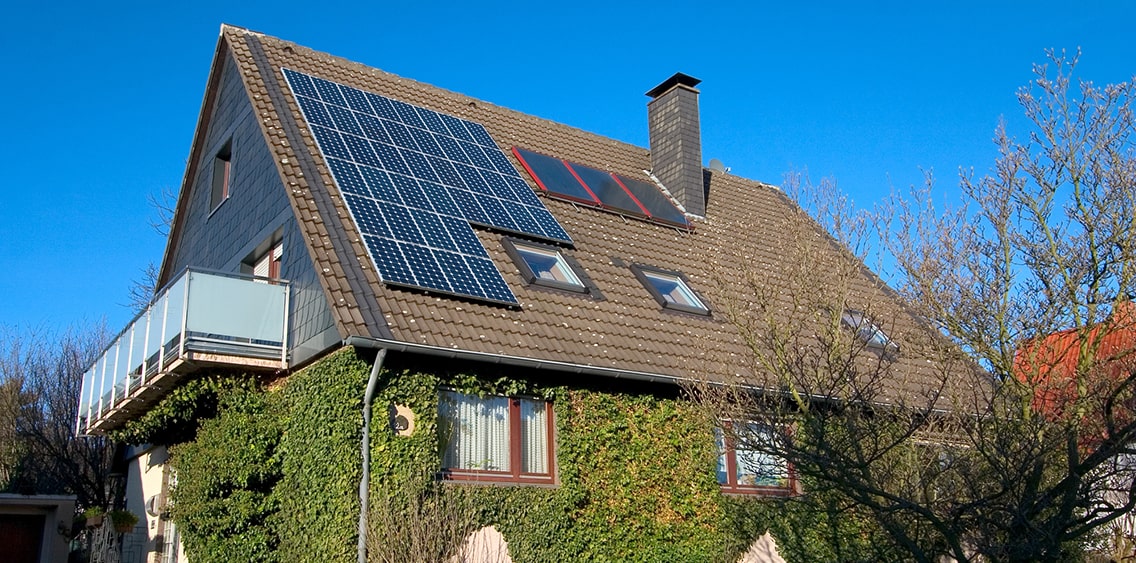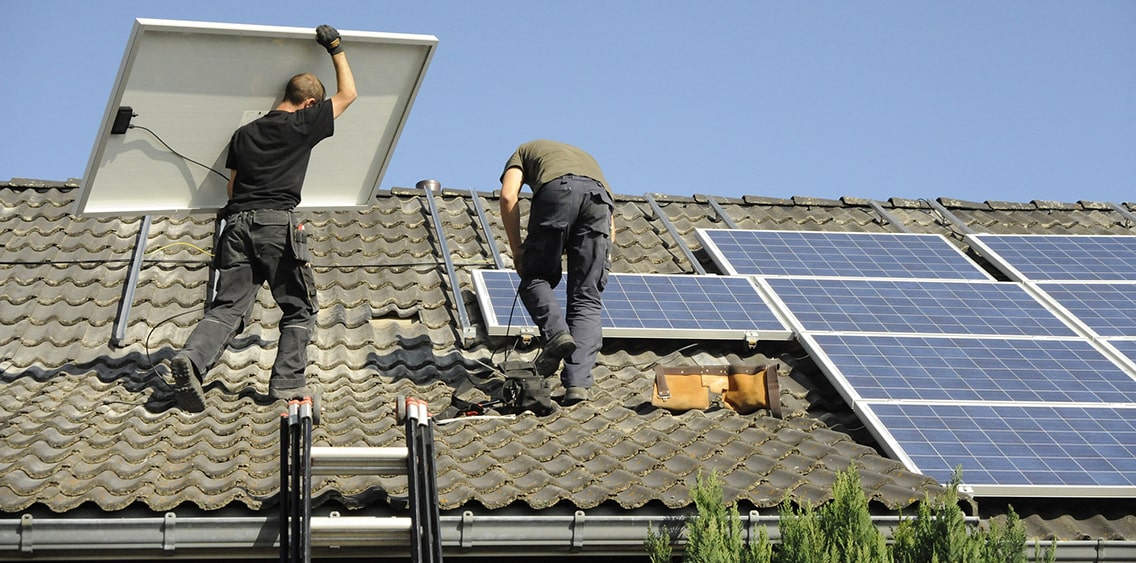How to Decide if Solar Panels are Right for Your Home
As you consider different ways to enhance your home, one option to take seriously is the installation of residential solar paneling. Certainly, solar panels can offer many benefits. For example, by harnessing the sun’s natural energy, you can significantly reduce, perhaps even eliminate your dependence on traditional utility companies. Not only will this save you money each month, but it will reduce your carbon footprint, as well. And that’s to say nothing of your increased property values, another important perk to solar installation.

But for as notable as these solar panel benefits are, that doesn’t mean going solar is the right move for every homeowner. There are a few factors to weigh as you decide whether solar panels are right for you.
The Location of Your Home

There’s an old saying about real estate; everything boils down to location, location, location! Well, that also holds true when it comes to solar installation. The physical position of your home is the single most important factor to consider as you weigh the pros and cons of solar installation.
First, look at the region of the country you’re in. For solar panels to be truly beneficial, you need to be in an area that gets pretty consistent sunlight throughout the year. Cities that are in the Sun Belt are especially good fits for solar installation.
Additionally, think about your more immediate surroundings. If your home is surrounded by trees or other buildings, limiting your solar exposure, then you may not derive as much benefit from a solar panel installation.
Local Incentives to Go Solar
In addition to your physical location, it’s also important to think about financial incentives that your state or municipality offers for solar installation. For example, some areas might have tax incentives to switch to solar energy. Texas is a prominent example – the state offers net metering and solar rebate programs.
There is also a federal tax credit offered for switching to solar energy. This tax credit can significantly offset the initial cost of solar installation, and is available to any U.S. homeowner installing a new solar energy system on their residence.
Finally, be aware that local energy companies may offer incentives and money off for switching to solar energy.
Your Household Energy Consumption
However, if your home does not require a lot of energy consumption to operate day-to-day, you may not save enough to balance the installation cost. And, if you live in a state where the cost of electricity tends to be pretty cheap, that could also diminish your solar returns.
The Cost of Going Solar
Solar panels aren’t suitable for every homeowner, with the primary reason being that they are such a significant investment.

The total cost of solar panel installation varies from property to property. The average cost of a residential solar panel system has dropped by an annual average of more than 60 percent over the past decade, which is certainly a favorable trend. With that said, the cost can still be steep, running anywhere from $16,000 to $21,000.
Keep in mind that federal tax incentives will somewhat undercut this cost. Also note that you can get solar paneling for much cheaper if you choose a DIY approach, but this also comes with potential downsides (including possible quality and safety issues, plus limited access to the full range of solar products).
The Solar Installation Process
One final consideration is the actual process of solar installation. Many homeowners are understandably weary about a time-intensive process, but actually, solar installation isn’t as drawn-out as you might imagine. For most homeowners, a full solar energy system can be installed in one to five days total. Your local solar installer can provide a more precise, individualized estimate.

If anything, the length of the solar installation process is actually something for the pro column. Most homeowners can have their panels installed in a very brief timeframe, and then begin saving money on their monthly solar bills almost immediately!
Make an Informed Decision About Installing Residential Solar Panels
In general, solar installation is an advantageous process, allowing homeowners to minimize their environmental impact, save money, and enhance the value of their homes. But of course, each homeowner’s mileage will vary, and for some, the pros may not quite outnumber the cons.
As you think about solar energy installation, be sure to carefully weigh each of these factors. There’s no right or wrong answer, necessarily. It all boils down to your specific property, and to whether installing solar panels will really help you capture the sun’s energy in an effective and efficient way.

Other Tips & Tricks

